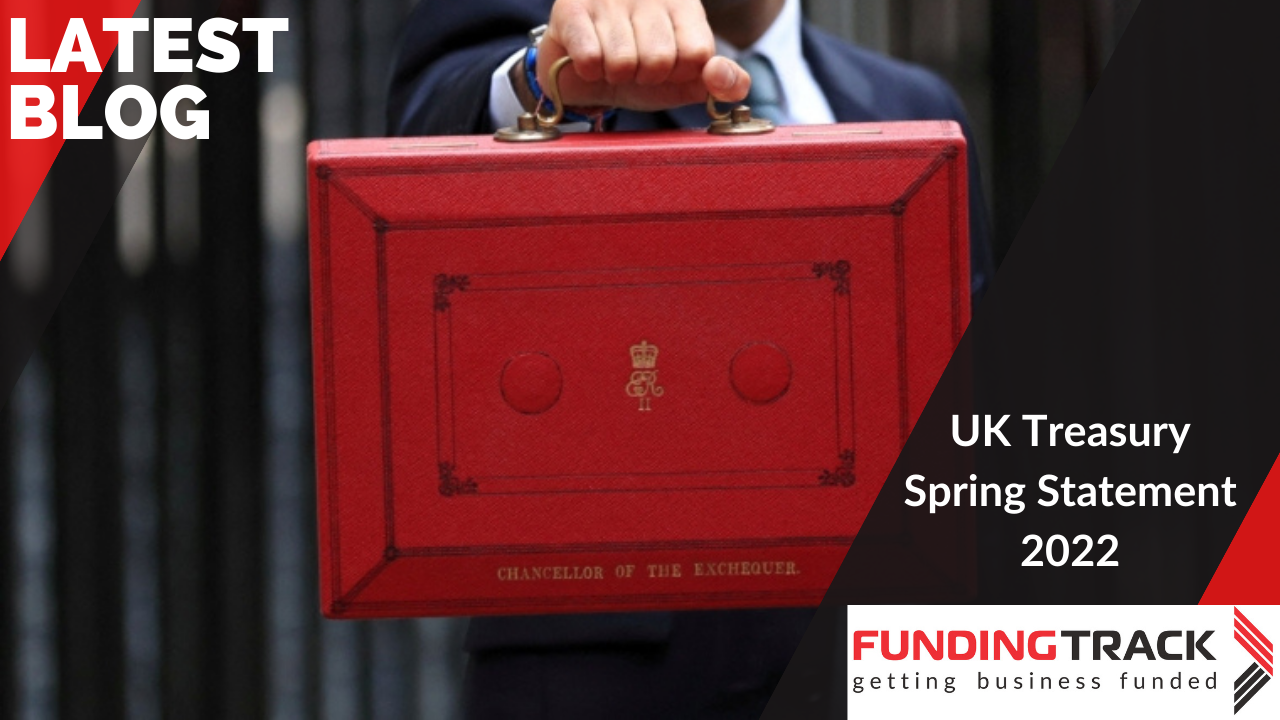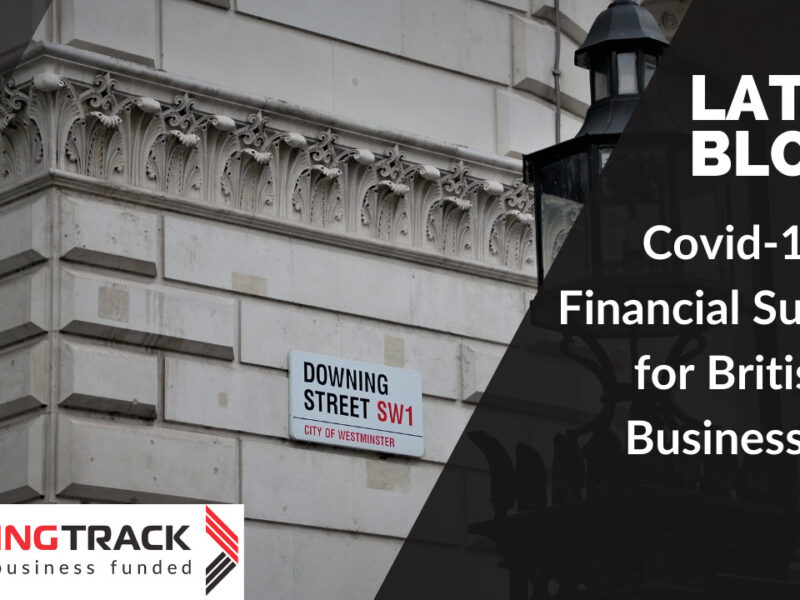
UK Treasury Spring Statement 2022
This week we are focusing on the outcomes of Rishi Sunek’s Spring Statement and how this will affect you, your home, and your business.
With fuel, food and energy prices soaring, money is incredibly tight for everyone. The invasion of Ukraine has also placed a burden on the UK’s economy. Sunek stated that the actions that the Government has taken to sanction the Putin regime have come at a cost to the United Kingdom.
Inflation is currently at its highest rate for 30 years at 6.2% and it is forecast that inflation will average at 7.4% this year.
Forecasts
In 2021 the economy saw a growth of 7.5%, after a fall of 9.4% due to the Covid-19 pandemic in 2020, which was the biggest decline for a century.
The Treasury forecasts that the economy will grow by 3.8% this year, whilst GDP will increase by 1.8% in 2023
Cost of Living
Fuel Duty was cut by 5p per litre, and this came into effect from 6.00 pm on 23rd March. This cut gives a saving of approximately £3.30 per full (55 litres) tank of fuel. This is the largest cut of fuel duty ever, and only the second cut in the last 20 years. This cut along with the freeze in 2022/23 represents a £5 billion saving over the next 12 months and is worth approximately:
- £200 for the average van driver
- £1500 for the average haulier
From April 2022 the household support fund, which is for vulnerable households will be doubled to £1bn.
Homeowners who wish to install heat pumps, insulation and solar panels will pay zero VAT on these purchases. Sunek indicated that this was only possible due to Brexit, and whilst not applicable to those living in Northern Ireland, they will get the equivalent funding.
In the Spring Statement, he did not address the spiralling costs of energy prices but in February this year, the Government did announce that millions of households would receive £350 of support to help them with these rising costs.
National Insurance
The planned 1.25% increase in national insurance contributions remains, as it is viewed as a “dedicated funding source” for health and social care.
However. the Government have increased the National Insurance payment threshold from £9,800 to £12,570, which will save some workers up to £330 per year and until you reach this threshold you are not liable to pay tax or national insurance.
Income Tax
The chancellor stated that the basic rate of income tax would be cut from 20% to 19% in 2024. He does not feel that it would be a responsible decision for the tax cut to become effective immediately due to current economic uncertainty.
“Tax cuts must be paid for; they must be prioritised, and they must fit the economic circumstances of the time” he said.
When the cut does come into force in two years’ time it will be the first in 16 years.
Business Investment
The Employment allowance is a relief that allows eligible businesses to reduce their employer’s National Insurance Contributions bills each year. Sunek announced during his statement that this would now be rising from £1,000 to £4,000.
Approximately 30% of all businesses in the UK will benefit from this increase. The chancellor also announced that 50,000 businesses will be taken out of paying National Insurance Contributions and Health and Social Care Levy entirely.
Following the Government’s Net-Zero by 2050 commitments, Sunek announced that manufacturing businesses that produce Green Technology including solar panels and heat pumps will be exempt from business rates from April 2022. This is predicted to save businesses an extra £35 million in 2022/23.
A 100% relief for eligible low carbon heat networks which have their own rates bill will also be available.
Businesses working in R&D will be able to claim relief on the storage of their vital data. This is seen as a boost to sectors where the UK is a world-leader including AI, robotics, manufacturing, and design.
Business Support Packages
From April 1, eligible businesses will be able to receive a temporary business rates relief worth almost £1.7 billion. The Government are freezing the business rates multiplier for another 5 years which will see savings for businesses of around £4.6 billion
The transitional relief for business rates has been extended for 2022/23. This will see a restriction on bill increases of between 15% to 25% for SMEs. The extension of this scheme is estimated to save businesses £30 million and protects SMEs from significant bill increases before the 2023 re-evaluation
The Government established the Help to Grow which is going to provide SMEs with the tools they require to innovate, grow, and help drive the UK economic recovery.
Winners and Losers
With VAT increasing to 20% in April, the cost of living increasing, workers seeing a drop in their take-home pay in April due to the National Insurance increase and the rising cost of inflation, households and certain industries are going to feel the pinch with experts predicting that disposable income this year will drop for many.
Drivers, homeowners who wish to invest in energy-saving alternatives and many businesses on the other hand can feel relieved as they are provided with much-needed support and cuts to help them recover after the pandemic.
The UK economy emerged from the pandemic well and this, therefore, means that the country is in an acceptable position to deal with the uncertainty that lies ahead.




